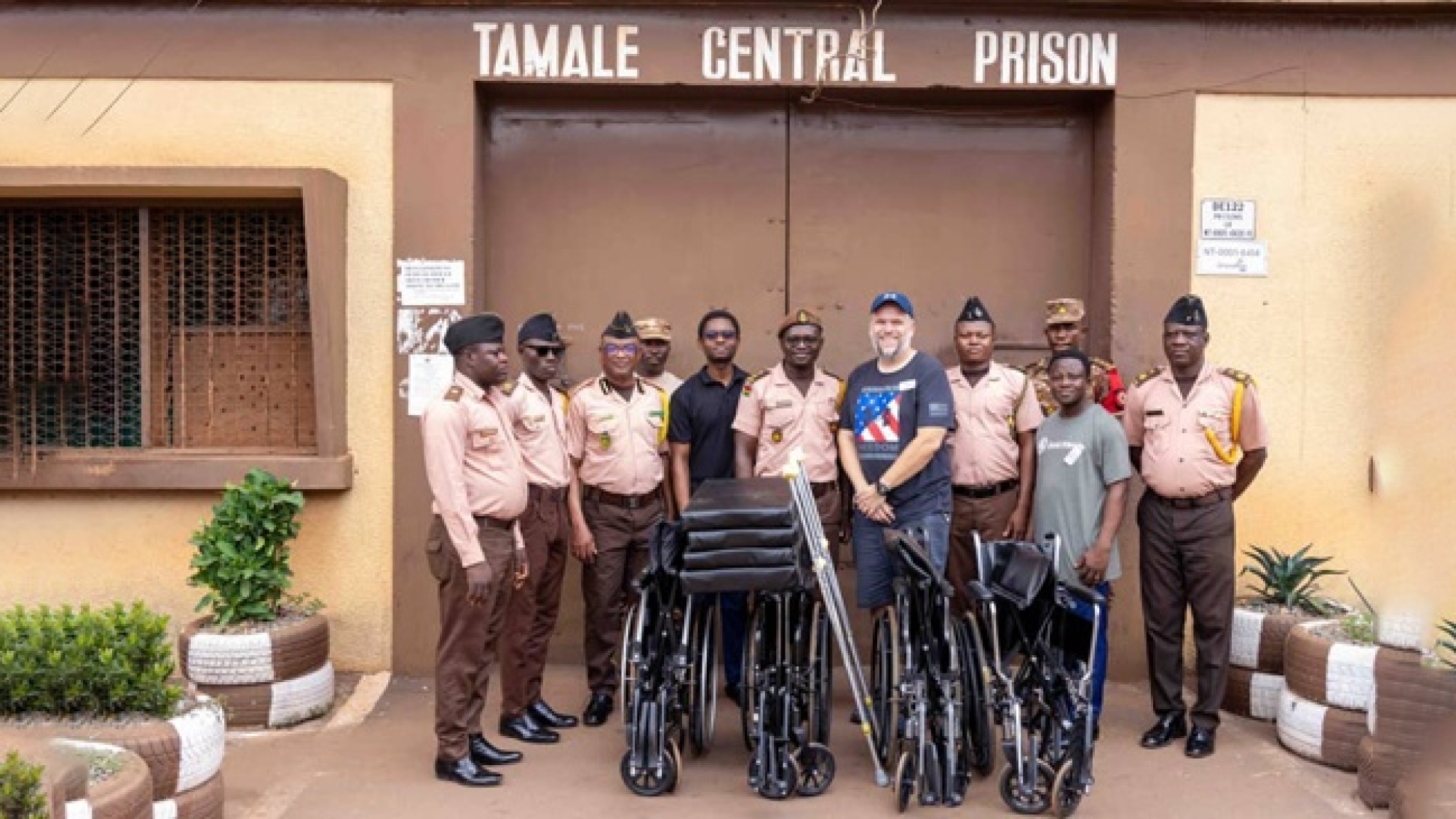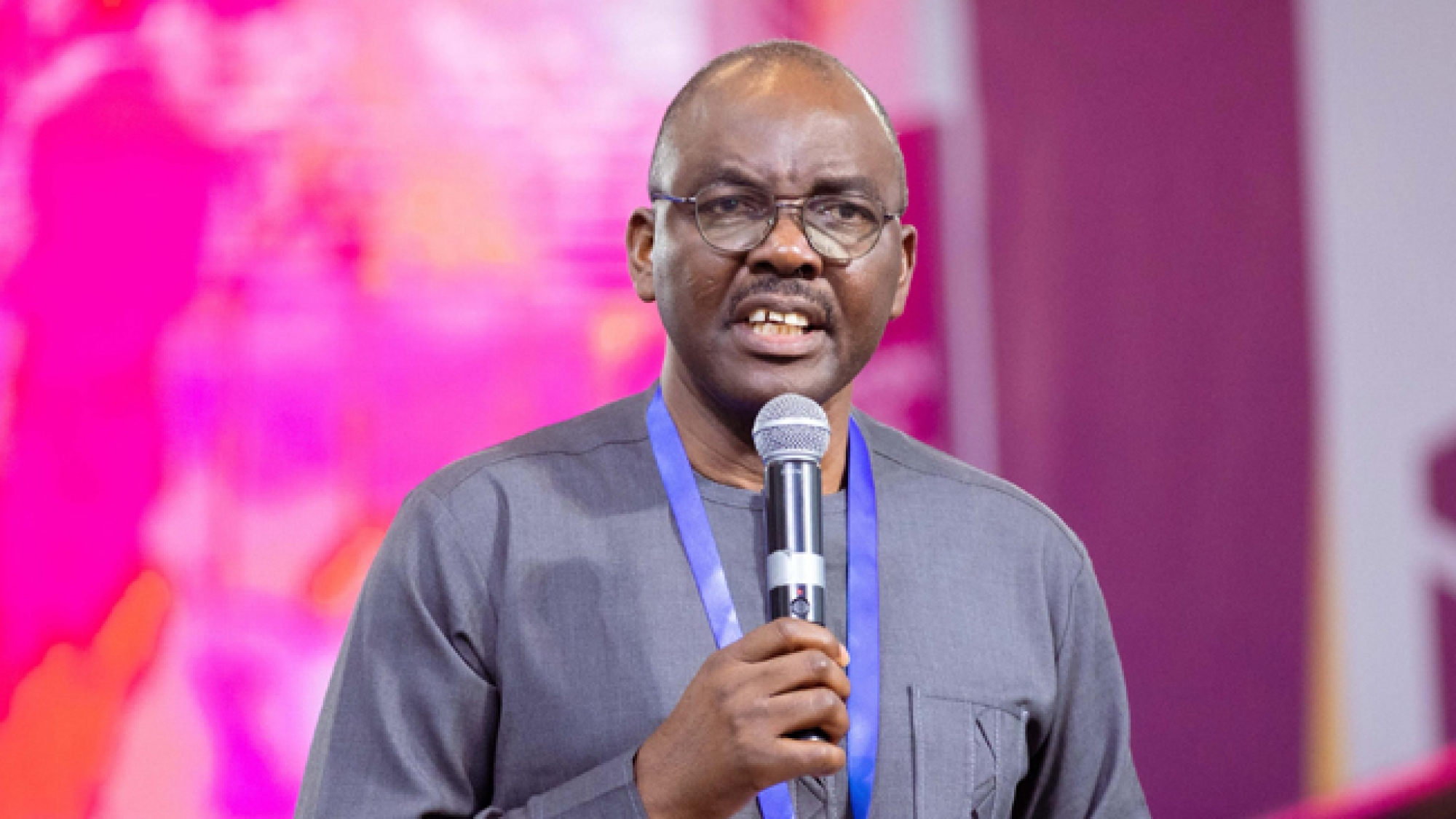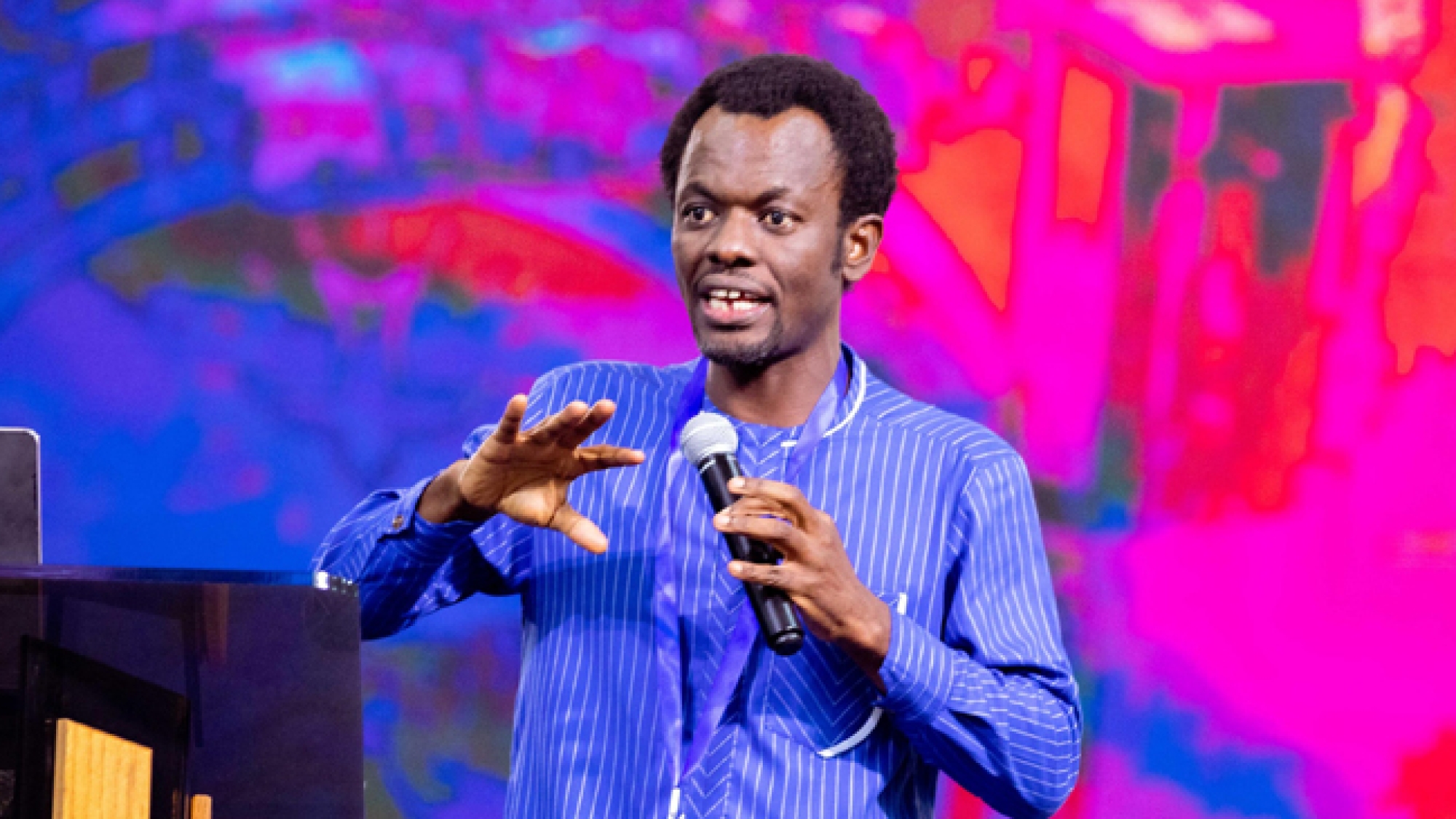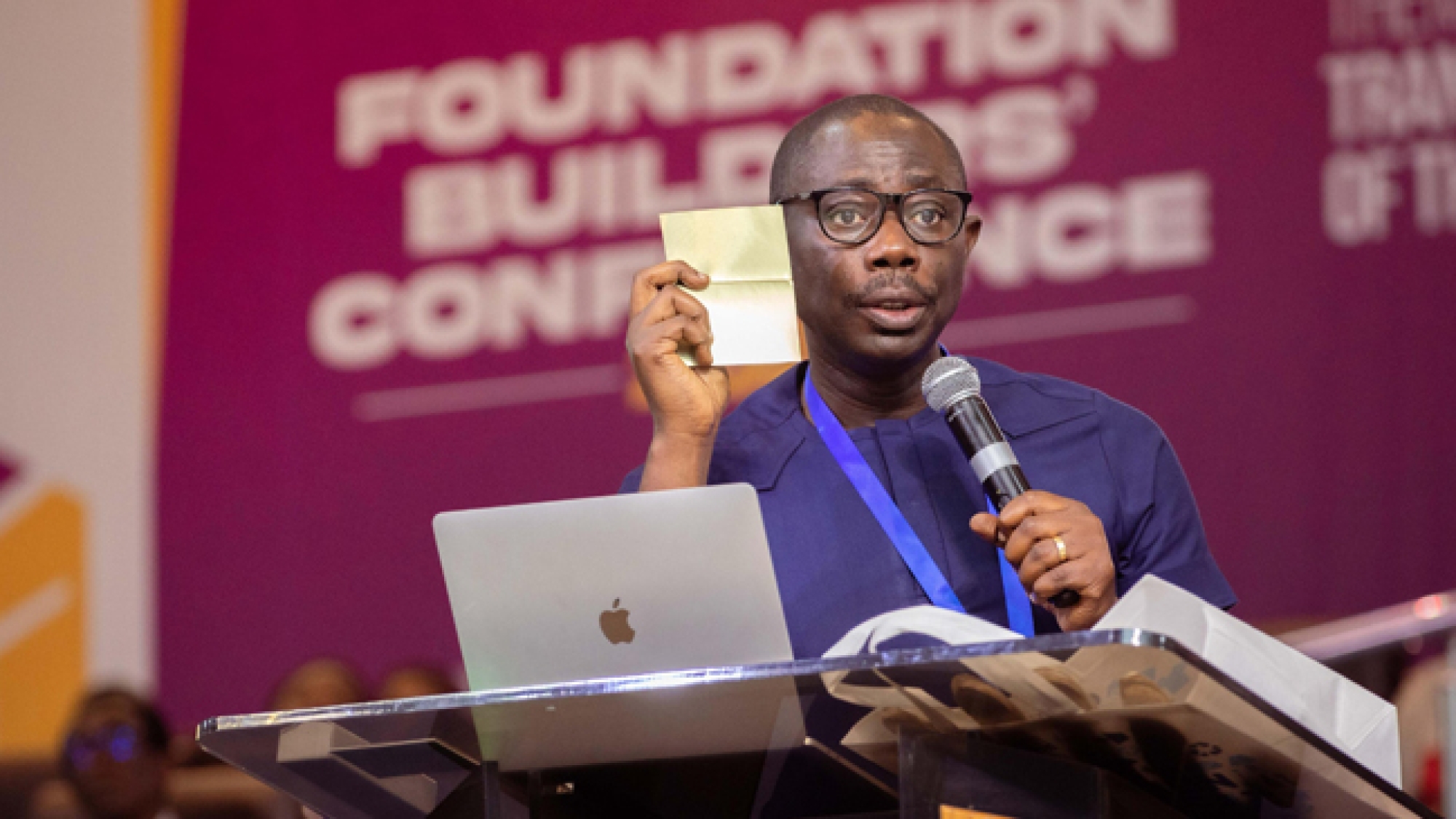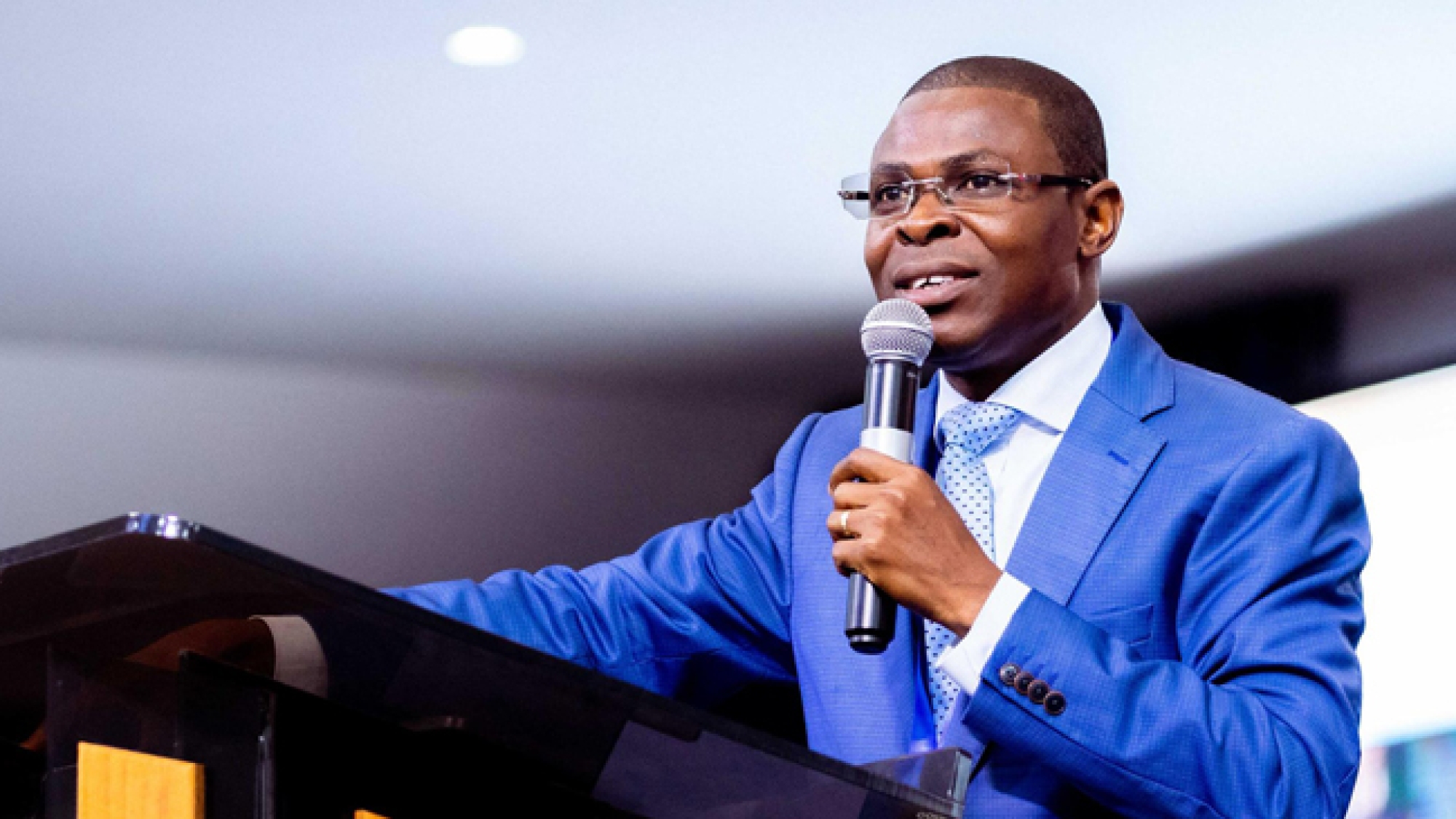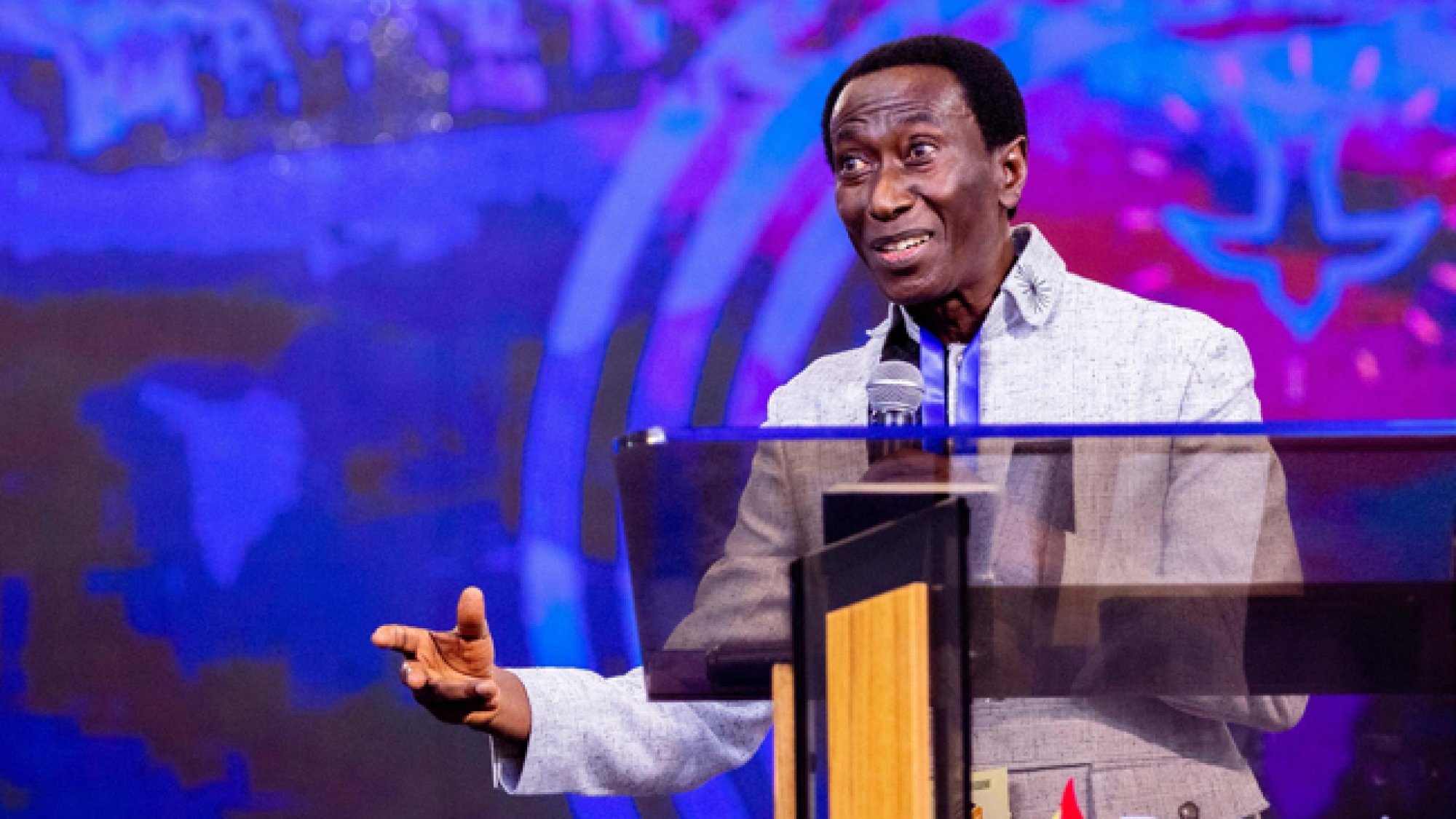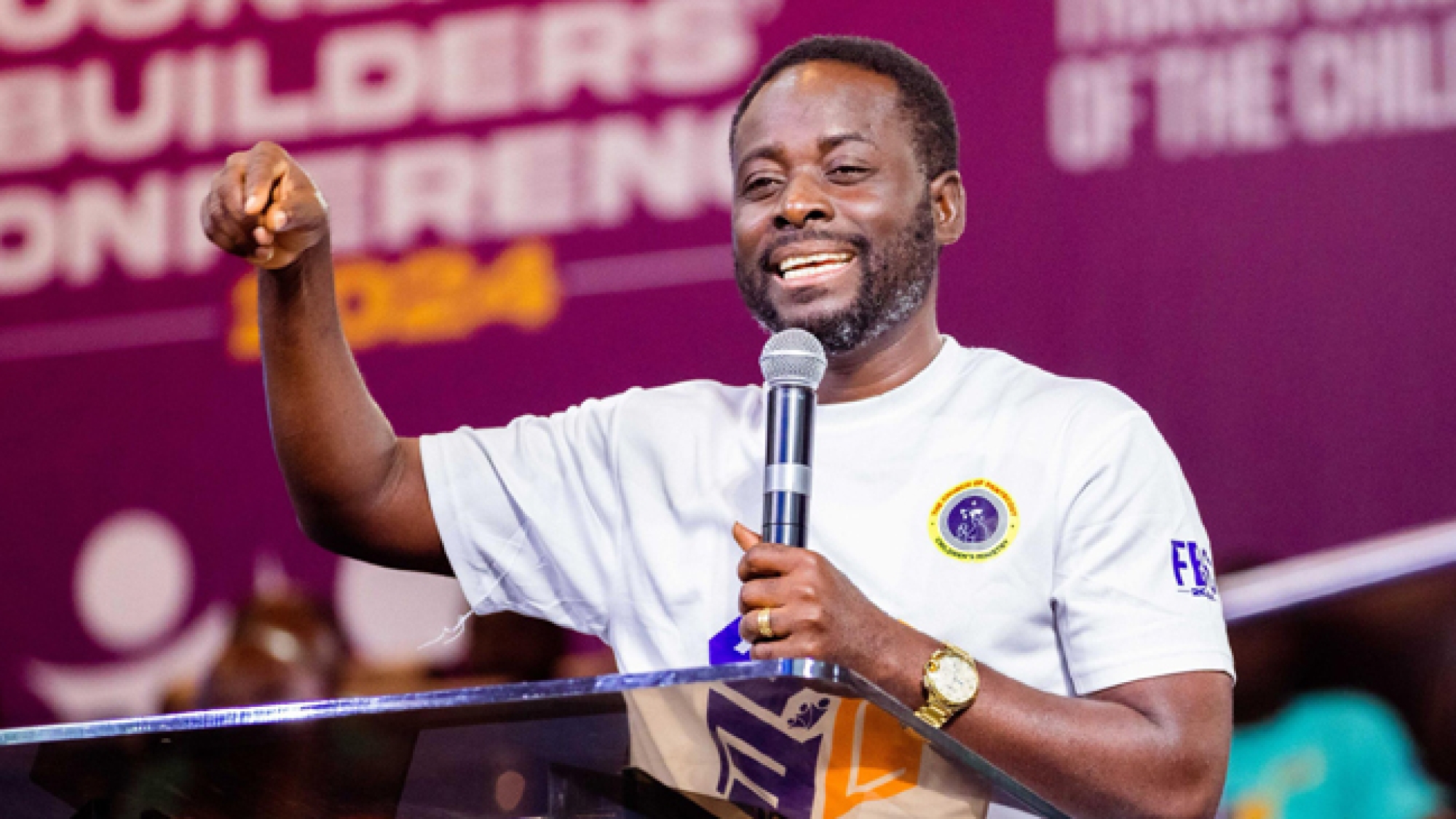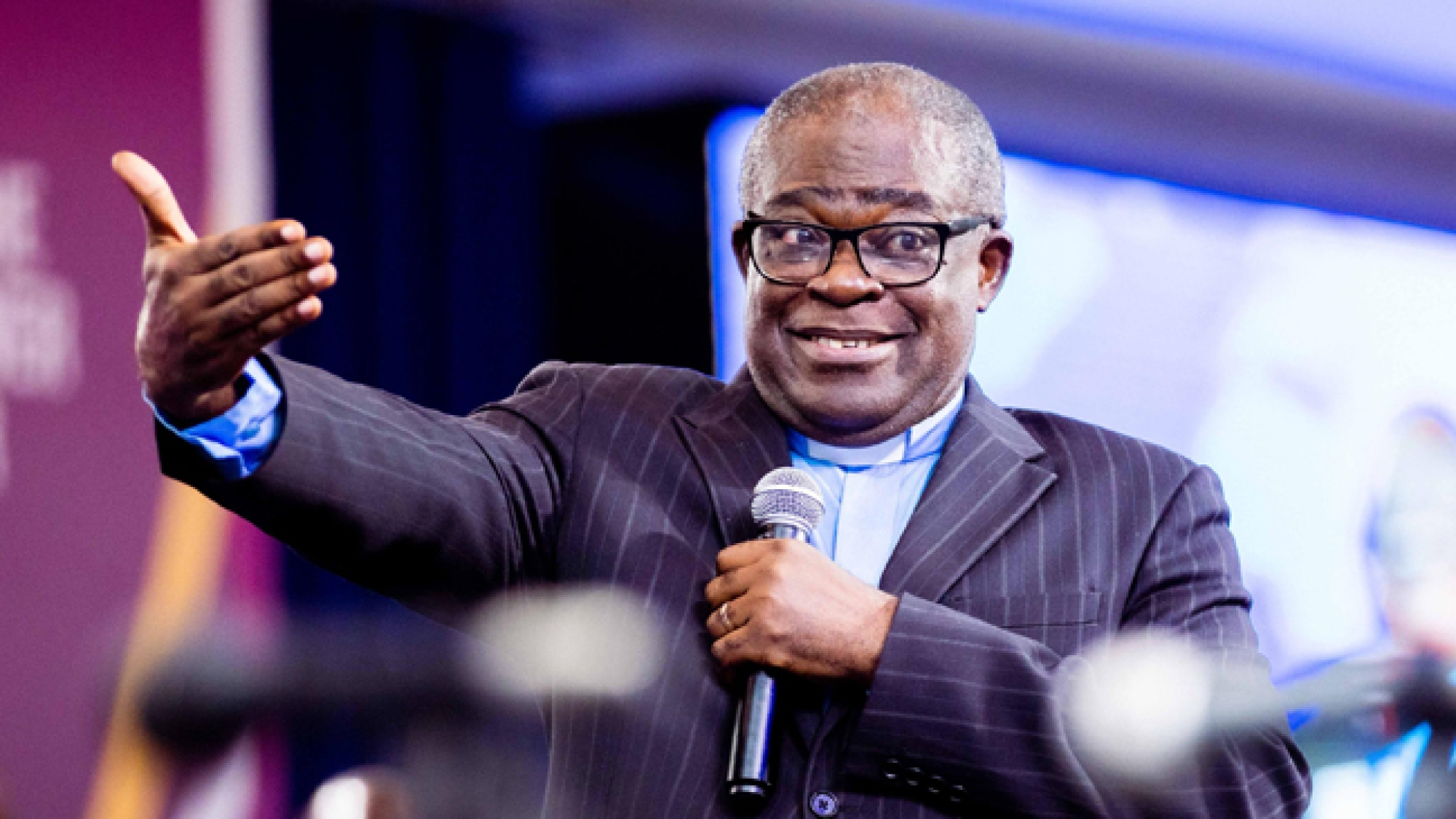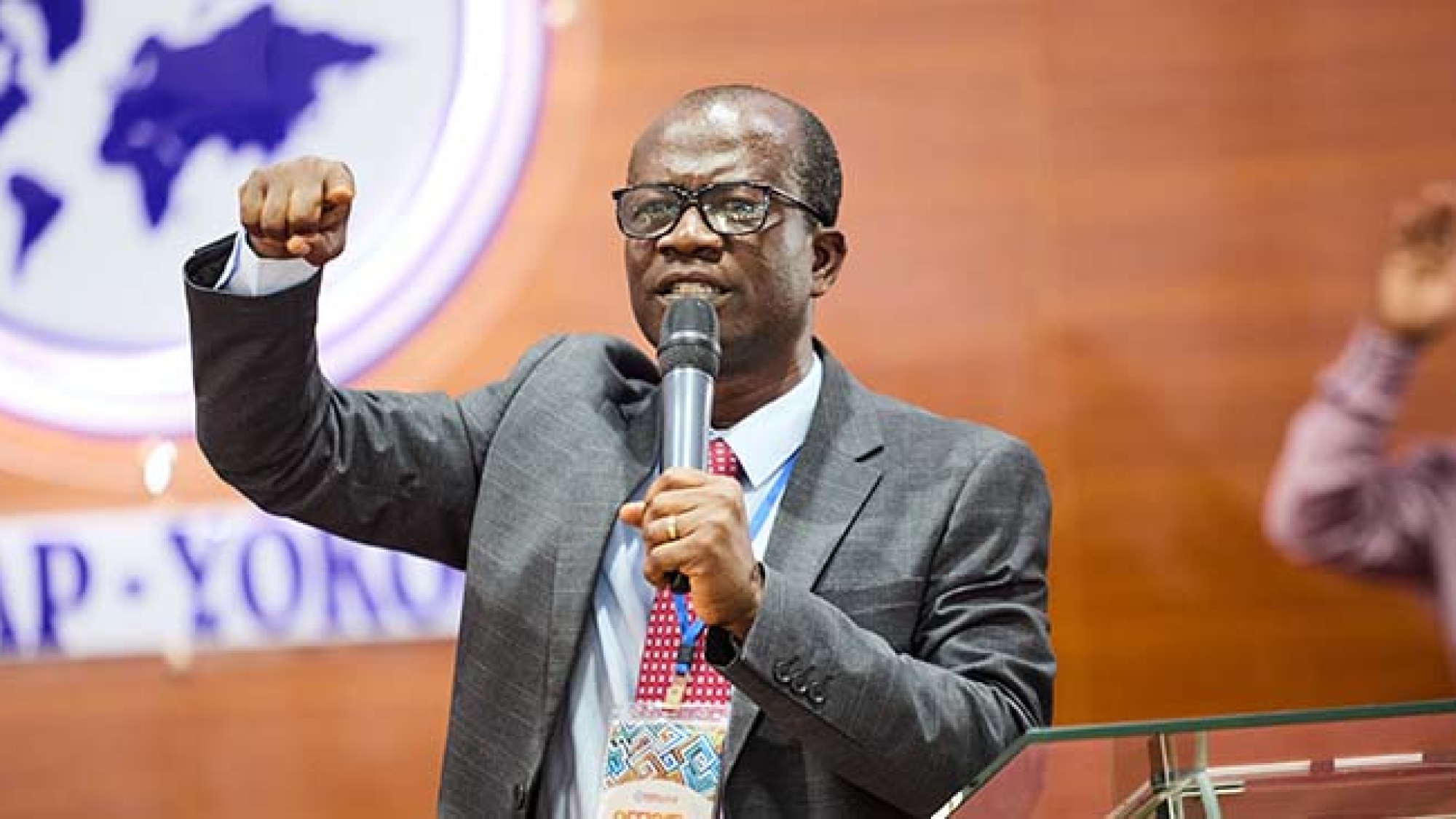The massive weeklong crusade held from July 16 to 20, 2024, at Adidogome Park in Lome, Togo, resulted in 3555 people coming into the saving knowledge of Christ.
The event, dubbed the “Togo for Christ” crusade, was jointly organized by the International Missions Directorate, the Evangelism Ministry Directorate, and The Church of Pentecost International, Togo.
Themed “Jesus Saves and Heals” (Acts 4:12), the four-day event lived up to expectations, drawing mammoth crowds, recording spectacular miracles, and most importantly, giving thousands the opportunity to surrender their lives to Christ.
The crusade began with preliminary evangelism activities led by the Gospel Heralds, an Advance Team dispatched by the Evangelism Ministry to Togo ahead of the event.
In Togo, the team was distributed in pairs among six districts of the Church in the southern part, where they undertook various evangelism activities such as house-to-house evangelism, film evangelism, sports evangelism, and tract distribution.
These pre-crusade activities resulted in the opening of 10 new assemblies in the country to the glory of God.
At the main convention grounds, the gospel message of Christ was powerfully ministered, convicting hearts and causing many to surrender their lives to Christ.
In the southern sector, 1,889 adults and 514 children accepted Christ as their Lord and personal Saviour. Out of the souls won, 692 were baptised in water while 194 received Holy Spirit baptism.
Additionally, 243 backslidden Christians rededicated themselves to the faith.
Evangelism outreaches undertaken in six districts in the northern part of the country also recorded 1152, making the overall total of souls won 3,555.
Numerous miracles were also recorded, with many testifying of being healed of various physical ailments.
The morning sessions, held at the CIAP-Yokoe (PIWC-Yokoe) auditorium, mainly focused on breaking the strongholds of the evil one and liberating all who were under the bondage of the devil.
Intensive prayer sessions were, therefore, held to invoke God’s favour upon the people and the land.
From all indications, the land of Togo has received a mighty visitation from God, sparking a new season of revival starting with the Church.
To God be the glory!
PENTECOST NEWS





